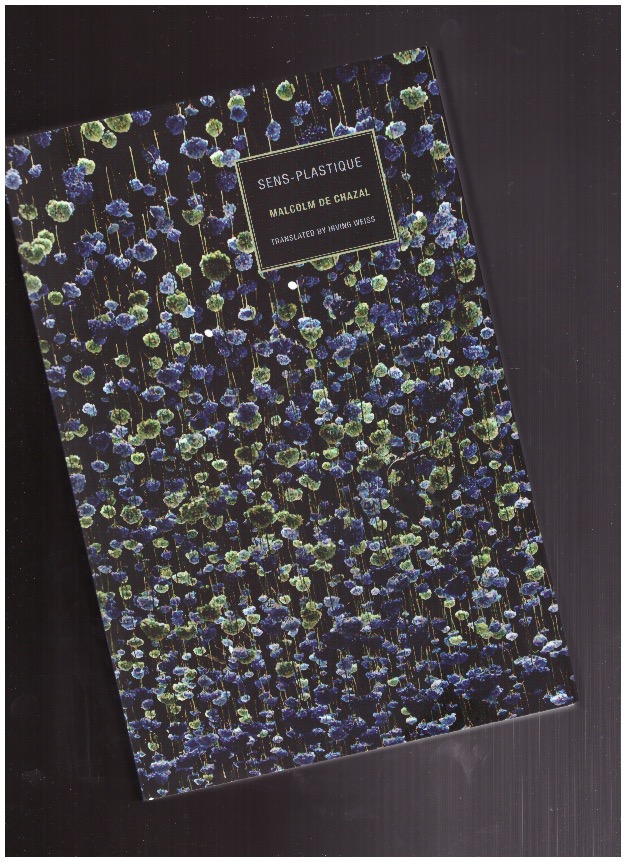DE CHAZAL, Malcolm
Sens-Plastique
After seeing an azalea looking at him in the Curepipe Botanic Gardens (and realizing that he himself was becoming a flower), Malcolm de Chazal began composing what would eventually become his unclassifiable masterpiece, Sens-Plastique, which would take its final form in 1948. Containing over two thousand aphorisms, axioms, and allegories, the book was immediately hailed as a work of genius by such poets as André Breton and Francis Ponge and such painters as Jean Dubuffet and Georges Braque. Embraced by the surrealists as one of their own but also viewed dubiously by other readers as something of an occultist, Chazal chose to avoid all literary factions and steadfastly anchored himself in his solitary life as a bachelor mystic on the island nation of Mauritius, where he would proceed to write books and paint for the rest of his life.
Sens-Plastique employs a strange humor and an alchemical sensibility to offer up an utterly original world vision that unifies neo-science, philosophy, and a hyper-detailed poetry into a new form of writing. Mapping every human body part, facial expression, and emotion onto the natural kingdom through subconscious thinking, Chazal presents a world in which humankind is not just made in the image of God, but Nature is made in the image of humankind: a sensual, synesthetic world in which everything in the universe, be it animal, vegetable, mineral, or human, manifests a spiritual copula.
[publisher's note]
Published by Wakefield Press, 2021
Poetry
